
Pharmacology
Latest News
Latest Videos
Shorts
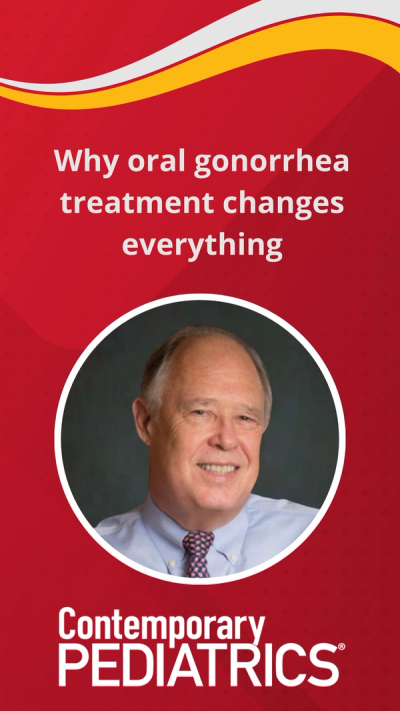
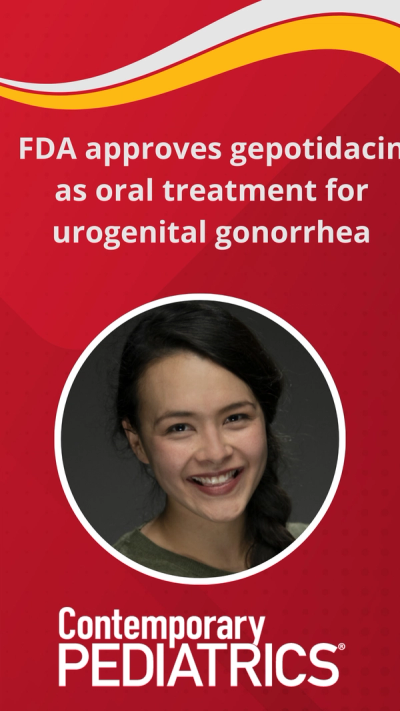






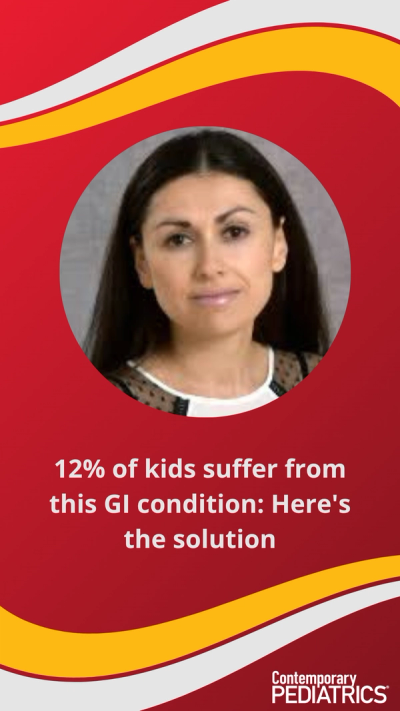
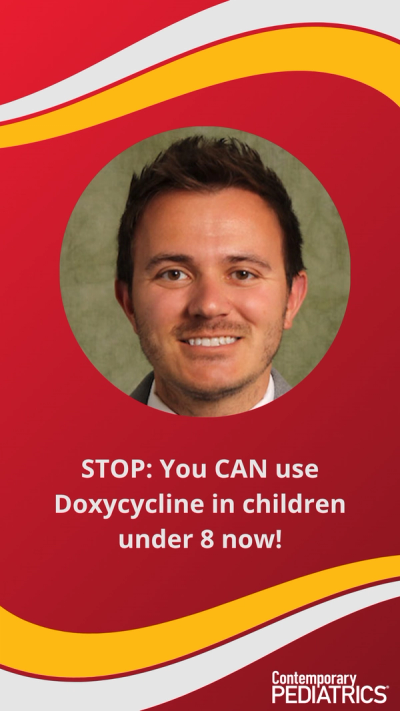
CME Content
More News
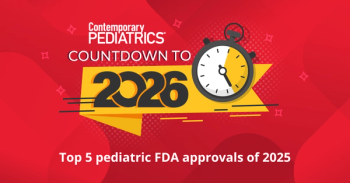
Take a look back at the top 5 FDA approvals of 2025.

Check out the top 5 pharmacology articles of 2025.

Approval of the expanded indication fullfilled all post-marketing requirements outlined in the original approval letter.

Ferric maltol is now an FDA-approved oral iron therapy for both adults and adolescents with iron deficiency, aged 10 years and older.

Get caught up with Contemporary Pediatrics! This list helps you navigate our top stories from the week, all in one place.

Once-weekly navepegritide improved growth velocity, skeletal alignment, and functional outcomes in children with achondroplasia, with a favorable safety profile and potential implications for long-term care.

The FDA approved fibrinogen, human-chmt to treat acute bleeding episodes in adult and pediatric patients with congenital fibrinogen deficiency.

Abbott received FDA clearance for a new delivery system designed to simplify PDA closure in premature infants weighing as little as 2 lb.

The SWIFT-1 and -2 phase 3 trials demonstrated "significantly" lower rate of annualized asthma exacerbations in patients receiving twice-yearly depemokimab vs placebo.

A comprehensive Pediatrics review reports no credible evidence linking aluminum-adjuvanted vaccines with autism, neurotoxicity, allergy, or autoimmune disease.

“It represents the first time an in vivo HSC-directed gene insertion therapy has been evaluated in a patient," said CEO Jim Burns in a statement.

A phase 1b study of zelpultide alfa demonstrated a favorable safety profile and encouraging early reductions in BPD and ventilation duration, supporting advancement to a pivotal international Phase 2b/3 program.

The agency approved a monthly dosing option for select patients acorss all approved indications, including wAMD, DME, DR, and RVO.

“This label expansion helps close a long-standing gap in the treatment of pediatric patients with hereditary antithrombin deficiency,” said George M. Rodgers, III, MD, PhD.

The target action date for roflumilast cream 0.3% for plaque psoriasis in children 2 to 5 years is set for June 29, 2026.

Dupilumab maintained histologic and endoscopic improvements across all pediatric age groups with EoE, according to Joshua Wechsler, MD.

Thomas Wallach, MD, discusses phase 3 safety data of tenapanor in pediatric patients with IBS-C, presented at the 2025 NASPGHAN Annual Meeting.
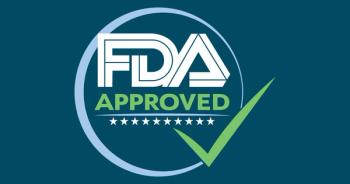
FDA approves first irritable bowel syndrome with constipation (IBS-C) treatment, linaclotide (Linzess), for children aged 7 years and older based on pediatric and adult trial data.

If approved, this UC indication would add to pediatric indications of ustekinumab for psoriasis and active psoriatic arthritis.

Explore groundbreaking therapies for type 1 diabetes that aim to delay onset, preserve β-cell function, and restore insulin independence.

Tezepelumab received FDA approval for CRSwNP in patients 12 years and older, supported by strong phase 3 data.

Combination vaccines enhance childhood immunization by reducing the number of shots, improving adherence, and potentially increasing overall vaccination rates.

Ibrahim Gwarzo, MBBS, DrPH, MPH, explains his study that found timely opioid administration was associated with lower hospitalization rates for children with uncomplicated sickle cell pain.

Prompt opioid dosing in emergency care may reduce hospital stays for children with sickle cell disease pain, new research revealed.

Ji-Hyun Lee reports that short surgical exposure to sevoflurane did not affect IQ, behavior, or language outcomes in infants and toddlers.














